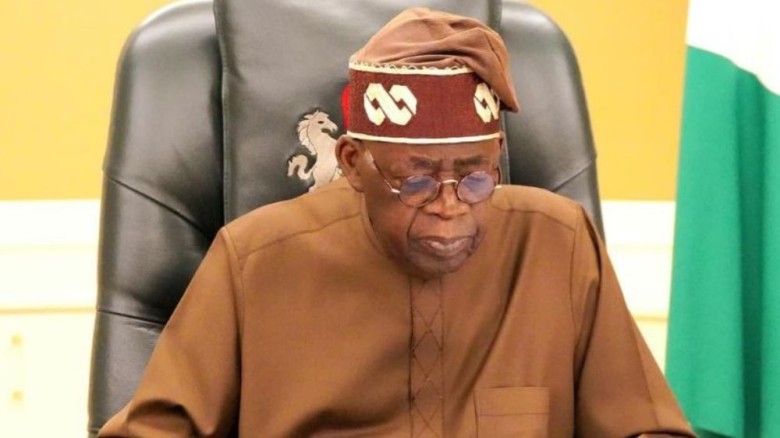Google suffers setback in bid to overturn EU antitrust fine
Google faced a disappointment at the European Court of Justice today as a court adviser suggested that a landmark antitrust fine should be upheld.
The American tech company has been contesting the €4.3 billion (RM21 billion) penalty that the European Commission imposed in 2018, which was subsequently reduced to €4.1 billion.
The Advocate General at the Court of Justice of the European Union, Juliane Kokott, dismissed Google's legal arguments as “ineffective,” according to a statement from the court.
“Google possessed a dominant position in multiple markets within the Android ecosystem, which allowed it to take advantage of network effects that ensured users utilized Google Search,” the court stated, reflecting Kokott’s opinion.
“As a consequence, Google gained access to data that in turn enabled it to enhance its service. No potential as-efficient competitor could have found itself in a similar position,” the statement noted.
Though not legally binding, such advice wields substantial influence and is often adhered to by EU judges in their final rulings.
The European Commission, which acts as the EU’s antitrust watchdog, accused Google of using the extensive adoption of its Android operating system to stifle competition.
It claimed that Google forced smartphone manufacturers to pre-install its search engine and Chrome browser, effectively shutting out rivals.
In 2022, the EU’s second-highest court confirmed the findings but slightly reduced the penalty.
This fine remains the largest imposed by the EU to date.
Google contested the decision, arguing that the Commission’s claims were baseless and that the punishment hindered innovation.
Google also pointed out that the EU was ignoring similar actions taken by Apple, which prioritizes its own services, such as the Safari browser on iPhones.
As part of a wider initiative to regulate Big Tech, the EU levied a total of €8.2 billion in fines against Google for antitrust violations between 2017 and 2019.
These sanctions led to a series of lengthy legal disputes.
























Leave A Comment